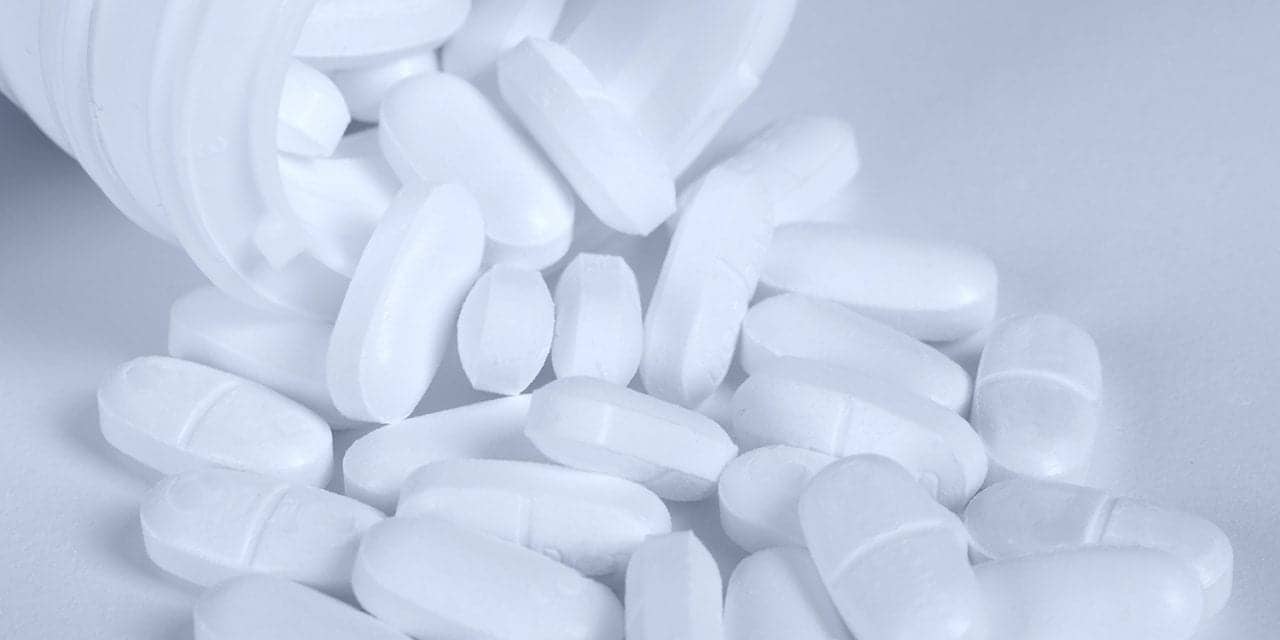A systematic review and meta-analysis looked at the safety of NSAIDs during COVID-19 infections. The review found no impact on symptoms.
Almost 90% of the 500 million COVID-19 cases worldwide are accompanied by fever, which is standardly treated with NSAIDs, noted study investigators. Because of this, and because of the limited, weak, and controversial previous research suggesting safety issues with the use of NSAIDs for patients with COVID-19, investigators in China conducted a systematic review and meta-analysis to assess whether NSAIDs may cause adverse effects in those with SARS-CoV-2 infection or COVID-19.
The investigators found 40 pertinent studies from 14 countries through a search of studies published between January 2020 through early November 2021 multiple databases (WHO COVID-19 Database, Medline, Cochrane Library, Web of Science, China Biology Medicine disc, China National Knowledge Infrastructure, and Wanfang). The researchers specifically searched for comparative studies enrolling patients who took NSAIDs during the COVID-19 pandemic. Using these studies, the researchers performed a meta-analysis of poor outcomes of COVID-19 associated with NSAIDS in a total of 4,867,795 adults.
Findings showed NSAIDs were not significantly associated with greater risk of SARS-CoV-2 infection in patients who did or did not have COVID-19 (n=10 studies [581,055 cases]; OR=0.96; 95% CI, 0.86-1.07; I2 = 78%; adjusted analysis: N=8, aOR=1.01; 95% CI, 0.94-1.09; I2 = 26%). NSAIDs were not significantly associated with a greater likelihood of admission to an intensive care unit (n=12 studies [27,689 cases]; OR=1.28; 95% CI, 0.94-1.75; I2 = 82%; adjusted analysis: n=4, aOR=0.89; 95% CI, 0.65 to 1.22; I2 = 60%), the necessity of mechanical ventilation or supplemental oxygen. Comparing patients who used NSAIDs with patients who did not use NSAIDs, no association was found with the use of ibuprofen with an increased risk of mortality (n=5; OR=1.09; 95% CI, 0.50-2.39; adjusted analysis: n=4; aOR = 0.95; 95% CI, 0.78-1.16), or COX-2 inhibitor with an increased risk of mortality (n=4; OR=0.62; 95% CI, 0.35-1.11; adjusted analysis: n=2; aOR=0.73; 95% CI, 0.45-1.18).










